BMW 316d vs VW Passat 1.6 TDI BlueMotion: minimum consumption
Neither the BMW 316d and the Volkswagen Passat 1.6 TDI BlueMotion are pure speed, but efficiency: 4-digit autonomies offer … and many other virtues. They are two of the best saloons.
I would not want to start to analyze this Tandem rolling lighters, such as the BMW 316d and the Volkswagen Passat 1.6 TDI BlueMotion, overlooking how such normalized developments oriented ultra efficiency, especially in the case of Volkswagen, whose name BlueMotion It implies a specific developments it affected and affects different parameters of the car, not just the Engine: gear ratios, suspensions somewhat lower than improve aerodynamics, wheel different engines with optimized performance and even specific oils. Get on these cars forced, in a way, to adapt your driving characteristics, even when that type of efficient car did not necessarily mean low power. The best example, the BMW 320d Efficient known until recently Dynamics, with impressive and extremely fast 163 hp, but with no small consideration in the day, one of them, its extremely low ride height.
BMW 316d vs VW Passat 1.6 TDI: power, fair
So they are simply the cars we tested today with saloons low power level official: 116 hp for the BMW 316d, “Moved” by an engine 2.0 liters; and 120 hp for the VW Passat 1.6 TDI BlueMotion, which uses a much smaller engine “Only” 1.6 liter engine. Perhaps somewhat fair numbers by more than our dyno confirm a very good form for both engines: 120 hp is the real power of the BMW 316d … and 127 hp for the VW Passat 1.6 TDI, although the motor 2.0 liter BMW stands out in torque figure: 30.5 mkg (Again, actual figures mean by our Technical Center) vs. 28 mkg of Passat. While you advance it is not so much but how much so this comparative mark distances.

There is also a factor playing in favor of such vehicles, and it is none other than the type of movement to which we have been moving for some time and in our country, a perfectly acceptable pace for these two locomotives whose handicap is precisely the lack of agility in changing pace, much more important than pure speed measurement that can develop during acceleration phases. The truth is that 0 to 100 km / h in 10.7 seconds for the BMW 316d and 10.29 seconds for the VW Passat BlueMotion It is not who can say they are very fast cars, but how much SUV there, to name a category of high demand, with more power fails these records more than reasonable. To have a broader view of its performance idea kilometer mention that just about on par at 32 just seconds. On the other hand, their recoveries from 80 to 120 km / h are not that anything bad in fourth and fifth gear in both cases (approximately 8 “medium” and second 11 “and a half), but their relationships do slow sixths this maneuver greatly, exceeding 15 seconds for the BMW 316d and 16 seconds VW Passat BlueMotion.
 BMW 316d vs VW Passat 1.6 TDI BlueMotion: speed "Wall"
BMW 316d vs VW Passat 1.6 TDI BlueMotion: speed "Wall"
So, I think knowing what you buy, you will not feel any inframotorización or the BMW 316d and VW Passat 1.6 TDI BlueMotion to throw up "our" maximum legal speed, and even a little more, much less to maintain that cruise with some relief when the terrain is not entirely favorable, but They progress from there as if they had a huge slab in tow. From the very first moment you feel the 1.6 TDI of the Passat BlueMotion is an engine that gives out simply what can give of themselves and expect from an engine of its power, and a car of its size and weight, by the way , aspect that this Passat surprised. But it is a propellant whose lack of drive can be accelerated with the reduction of one or two gears, bringing the engine to a medium and "high" regime where if you will encounter the power you need.
For BMW is diametrically opposed, because turn the engine beyond 2,800 rpm implies feel forced and out of place. It has to change a prodigious elasticity and a constant thrust its two thousand first laps with you have to resolve any maneuver that comes your way. There, worth its weight in gold in its displacement against a "little" 1.6 TDI whose operation, regardless of consumption figures get one and another car, Volkwagen Passat makes one that decaf too 2.0d this BMW car more balanced and homogeneous 316d.
 BMW 316d vs VW Passat BlueMotion 1.6 TDI, their actual consumption
BMW 316d vs VW Passat BlueMotion 1.6 TDI, their actual consumption
Unless you drive intentionally bad, weird saldes not be any displacement that is minimally along with consumption figures four and pico liters per 100 km in the BMW 316d and VW Passat 1.6 BlueMotion. Again, we moved in time: look back to the Passat and BMW more efficient in previous generations to discover that for more than a decade, this type of car solves our tour road with the same four “odd” today .
More references, and now: 4,7 l / 100 km consumption is recorded by a Seat Ibiza 1.4 TDI three-cylinder on the same route, They spend more than our two protagonists. Indeed, the work programs and developments aimed at optimizing emissions -and directly consumos- also bear fruit, but as the very human being, the turbodiesel needs a minimum of "calories" They move their muscles to stand, and its equivalent fuel, are those less than four “odd” half liters: less today it is still impossible. If there has been Enormous progress in urban traffic, where new technologies and now only can reduce the currently achieved excellent figures: here, the differences become up to 2 l / 100 km for a VW Passat BlueMotion to earlier this decade, now marking a record 5,3 l / 100 km versus also very good 5.9 l / 100 km the BMW 316d.
The other sections do not have big news or 316d BMW or VW Passat 1.6 TDI BlueMotion, because they have virtually same qualities more powerful versions. Rather, again influencing the normality of which I spoke at the beginning, for example, flexibility damping Passat, whose BlueMotion version enjoys extraordinary balance between ride quality and dynamic behavior. Wave agile chassis you always feel when driving a BMW 3 Series. By type of car and presumable Family counseling, should be put in the balance livability, quality or price, aspects with which the Volkswagen Passat reinforces the domains conquered his rival for the mechanical part.
Acceleration. minimum services. Although it is little difference, I feel the VW Passat more consistent. They are not quick in the 1,000 meters, but they are not slow to relaunch the car up to 120 km / h, where you start to feel a lack of power is a "Wall".
Frenada. Approved to dry. No miniaturize brakes but regarding more powerful versions, different results obtained: VW worse compared to a 2.0 TDi / 150, but the BlueMotion brakes better than, say, the very 320d.
Sonority. Caste. Performance aside, the cars hide a common basis for higher versions, virtually guaranteeing andl same level of well being and low noise more ambitious and prestacionales versions.
overtaking. “Elaaaaasticos”. Without much force, but is credited with one prodigious elasticity and driving pleasure and use to move more gracefully in real traffic. VW returns to seem initially more agile, but BMW finally enforces its biggest motor.
Power and torque. Diametrically opposed. The Passat 1.6 TDI engine is evolving from beginning to end without being able to give more of themselves; BMW derives from an electronically limited very powerful engine, clearly appreciate this effect in use. You find in response TDI therefore more normal.
Consumption. Ultra efficient. Today, the specialization does not unbalance both mechanical usability of such cars, except for its speed, the result of its potency. Spend on road unless, for example, a Peugeot 208 HDi Blue 100 It makes clear the efficiency of both.
Dimensions and weights. Passat, by an absolute majority. Not that the 3 Series is small, is that The Volkswagen Passat is huge, bigger in size, with greater access and inner relief. It is also particularly light, evolution of the BlueMotion program.
You may also like:
How to measure consumption Technical Center Autopista.es
Renault Talisman against Ford Mondeo, Mazda6, Skoda Superb and VW Passat
Audi A4 2.0 TFSI vs Lexus IS 300h Ultra, alternatives to Diesel

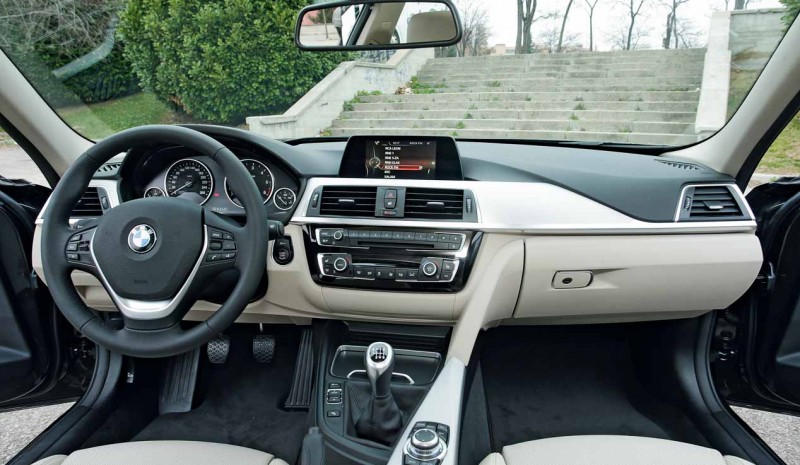
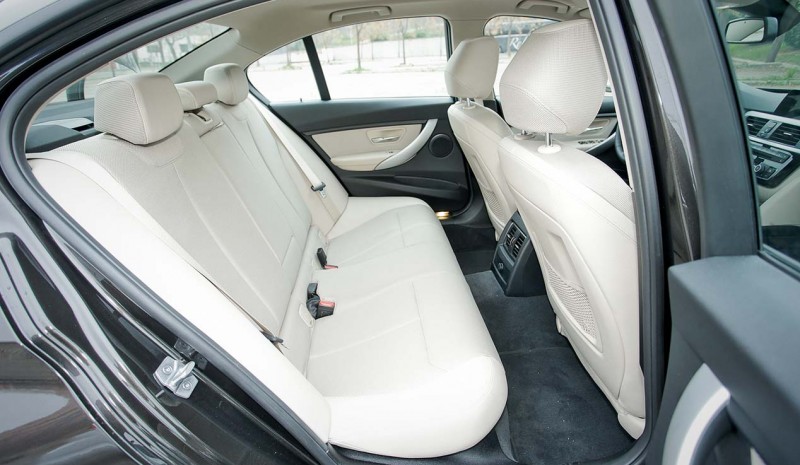
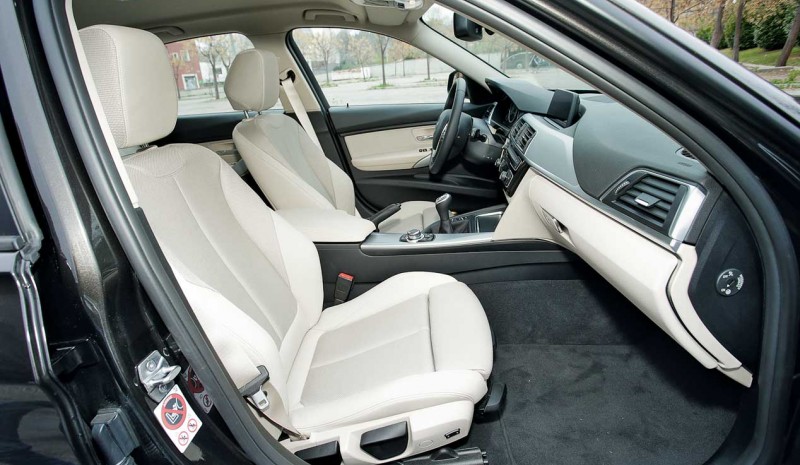
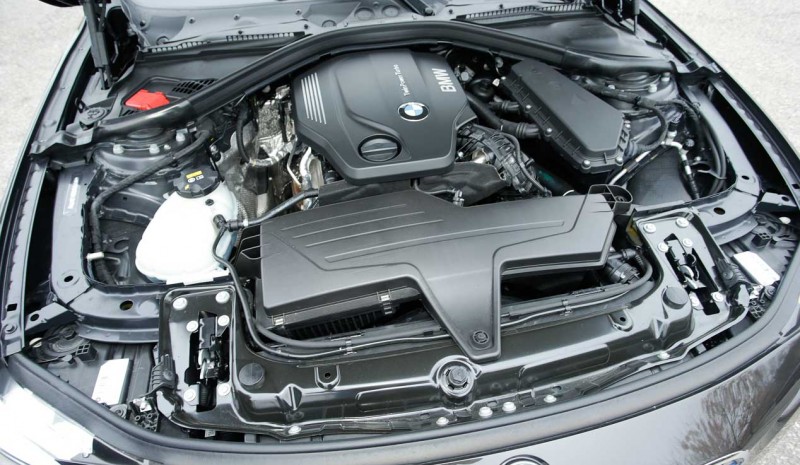
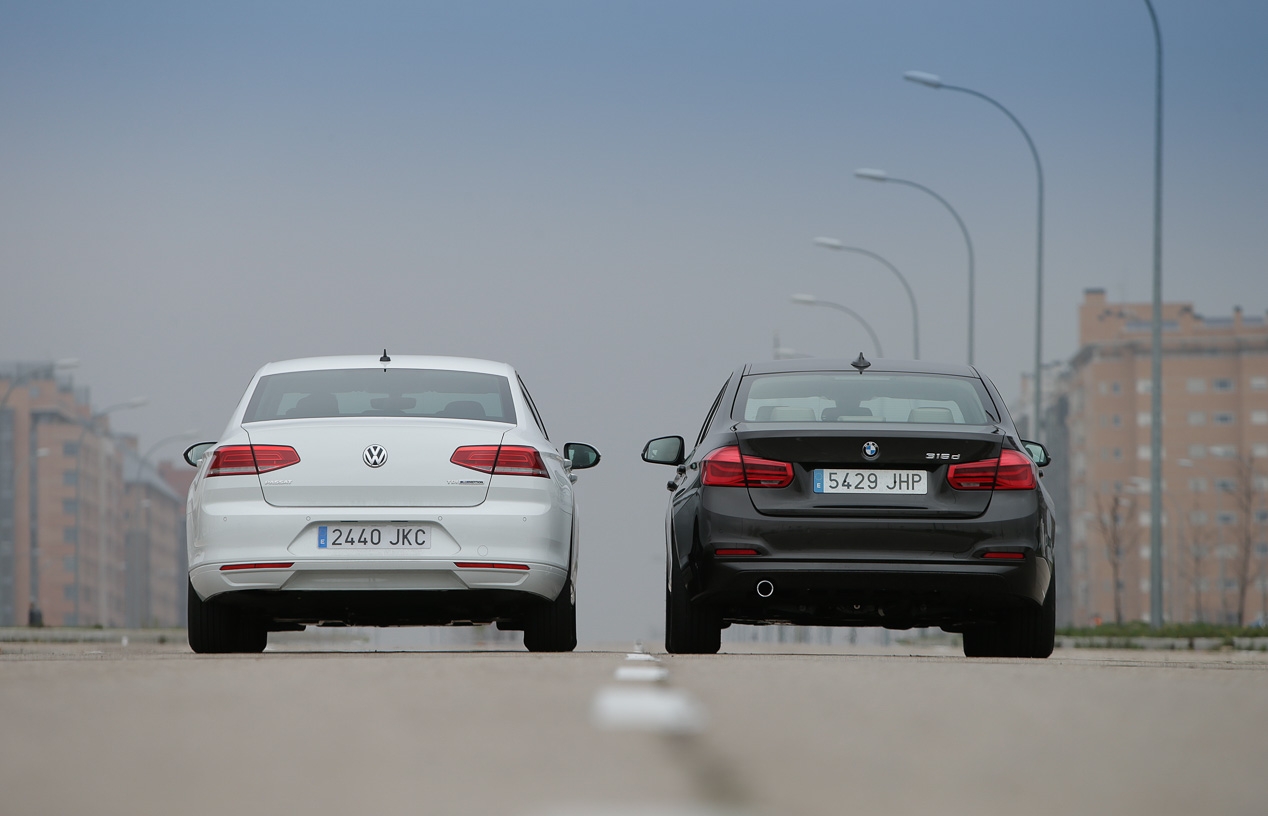 BMW 316d vs VW Passat 1.6 TDI BlueMotion: speed "Wall"
BMW 316d vs VW Passat 1.6 TDI BlueMotion: speed "Wall" BMW 316d vs VW Passat BlueMotion 1.6 TDI, their actual consumption
BMW 316d vs VW Passat BlueMotion 1.6 TDI, their actual consumption